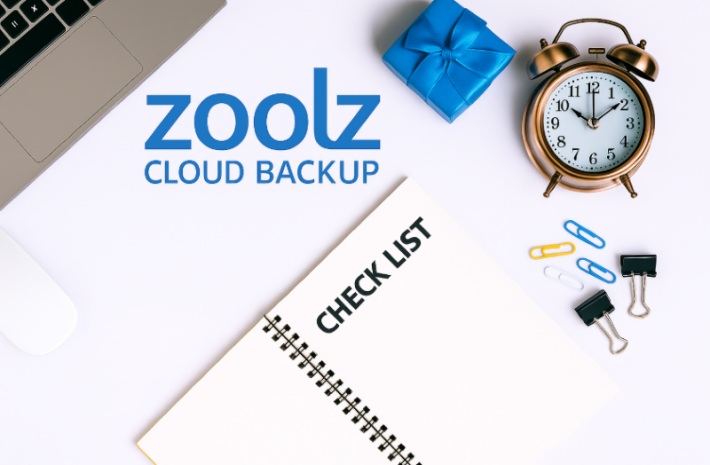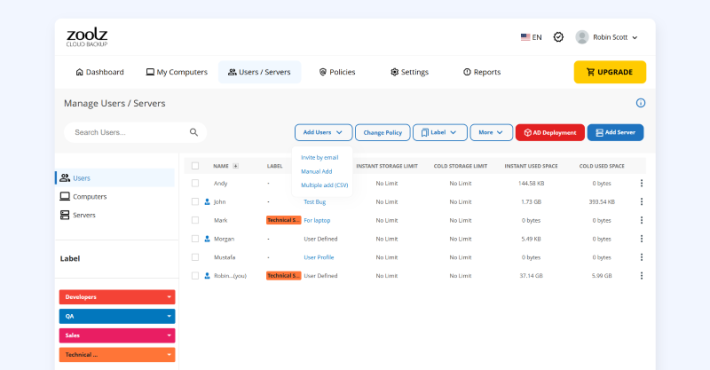Big Data, Bigger Drama!” – The Wild Ethics of AI and Cloud Storage

As artificial intelligence evolves, so does its dependence on data. But with that reliance comes a critical ethical question: Who owns the training data that powers AI, and where should privacy begin? The growing concern surrounding AI ethics stems not just from how data is collected and used—but also how it is stored, protected, and managed.
Solutions like Zoolz play a significant role in supporting ethical data practices through secure backup, advanced encryption, and customizable policies. Below, we explore the core ethical concerns of AI and how cloud technology can uphold privacy and responsibility.
The Challenge of Informed Consent
Artificial intelligence systems are trained using vast amounts of data—often gathered from users who may never have knowingly provided consent. This raises ethical concerns about transparency, especially when that data includes personal communications, images, or behavioral patterns. Users must be informed, and organizations must have systems in place to ensure consent is obtained.
Data Ownership and Creator Rights
When content such as social media posts, articles, or videos are scraped and used to train AI models, the line between public information and intellectual property becomes blurred. Ethical AI use requires clearly defined ownership and mechanisms for users to control or revoke access to their data.
Ethical Cloud Infrastructure
The ethics of AI extend to how and where data is stored. Cloud solutions like Zoolz offer advanced backup and recovery features, built on infrastructure that emphasizes security and compliance. By encrypting data and allowing granular access controls, ethical handling of data is made possible.
Reducing Data Overload with Cold Storage
Not all data needs to be stored actively. Cold Storage provides an efficient way to archive data that is infrequently accessed, minimizing risk and reducing unnecessary data processing. Zoolz offers an intelligent cold storage solution that supports ethical data retention policies by prioritizing only what is needed.
Hybrid and Tribrid Backup Approaches
Zoolz’s tribrid backup model allows organizations to balance between local, cloud, and cold storage environments. This flexible architecture supports ethical data management by enabling users to segment and isolate sensitive information while maintaining full control over its storage lifecycle.
Preparing for Ransomware and Data Loss
Ethical data handling also includes having plans in place for breaches and data loss. Zoolz’s ransomware protection and recovery options allow users to restore encrypted files without further exposure or compromise, ensuring data integrity and continuity in crisis situations.
Policy-Driven Access and Data Management
Zoolz supports the creation of user-specific policies, ensuring that data access is restricted, traceable, and compliant with organizational rules. Ethical AI development depends not only on the training data itself but also on who has access to it and under what conditions.
A Responsible Future for AI
AI ethics cannot be an afterthought. It must be embedded in every phase of the data lifecycle—from collection and storage to training and deployment. With solutions like Zoolz, organizations are better equipped to align their data practices with the ethical standards that modern AI demands. Backing up and managing data responsibly is no longer just a best practice—it’s a requirement for an ethical, trustworthy AI ecosystem.


